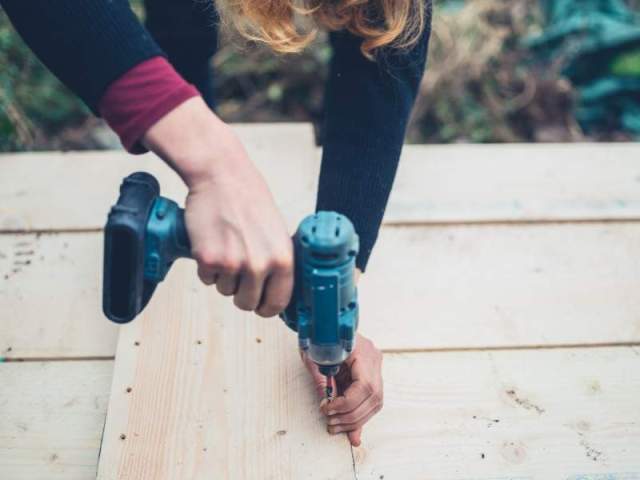If you’re like most, then it probably hasn’t occurred to you that there are many different types of electric power drills on the market, each with different purposes. There are power drills, hammer drills, manual drills, the list goes on. Knowing the different types of drills and their purposes are a great way to assemble your perfect home tool box to accommodate all your home project goals. Here, we will be discussing everything you need to know about hammer drills, what they are, what to do, and how to choose the best one for all your home DIY project needs.
What is a Hammer Drill?
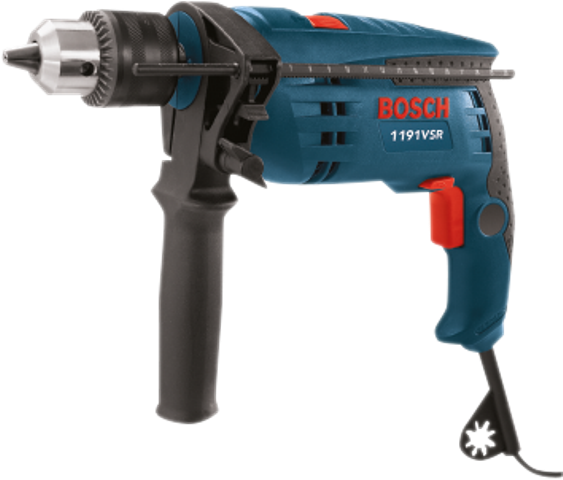
In simple terms, a hammer drill is an electric power drill that has the ability to move in a hammering back and forth motion with high impact. These drills are great for drilling holes into harder materials such as rock, cement, and tiles- materials that normal power drills wouldn’t be able to penetrate through. The great thing about hammer drills is that most of them can double as a standard power drill and also move in a rotating motion so you get two in one convenience. Hammer drills also have the option to change out the attachments to work better with different drill bits and materials.
Cordless vs. Corded Hammer Drills
A question common to almost all power drills and power tools is whether or not cordless hammer drills are better than corded hammer drills. In other words, how much of a difference is there between the two? When it comes to standard power drills, cordless is usually the way to go. But with hammer drills, this decision is best made depending on the type of projects you plan to take on. Here are a few key differences between the two:
Cordless Hammer Drills
Cordless hammer drills are generally smaller and more compact and portable than corded hammer drills. These drills are ideal for when you plan to work away from a power source as they are battery operated and do not need to be plugged in to function. They work great for standard use such as on wood and softer metals.
Corded Hammer Drills
Corded hammer drills are usually bigger and meant for more heavy duty jobs. These drills are best for dealing with hard materials such as masonry and cement and are better for long term projects as the cord will provide a continuous power supply without having to worry about changing the battery.
Different Types of Hammer Drills
Aside from cordless and corded hammer drills there are three different types of hammer drills that serve different purposes, there are percussion hammer drills, pneumatic hammer drills, and rotary hammer drills.
Percussion Hammer Drills
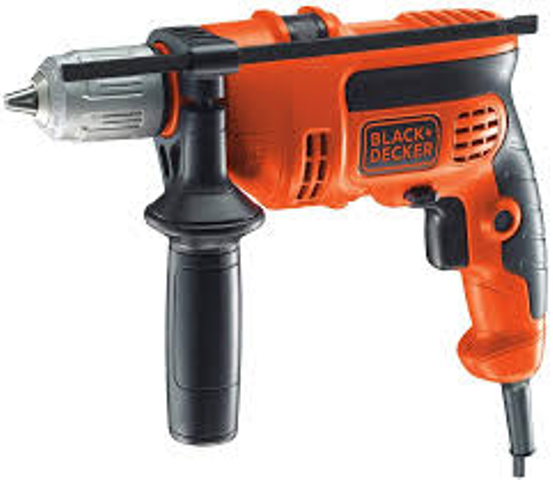
Percussion hammer drills are usually cordless and are meant for lighter masonry drilling jobs. These are great for home diy projects and are usually smaller. They move in a light hammering motion and can usually double with a rotating drill bit.
Pneumatic Hammer Drills
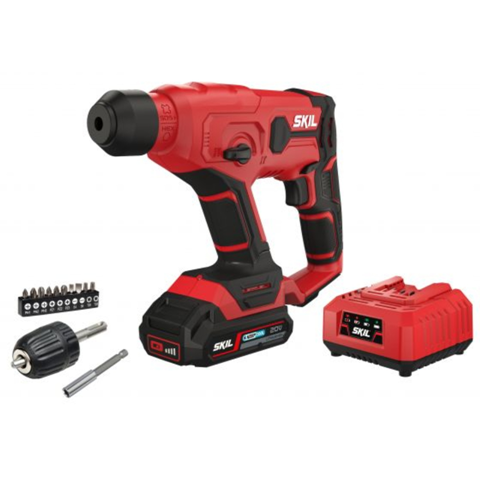
Pneumatic hammer drills are generally much stronger than percussion drills and pack more power as they operate on electro-pneumatic power which uses air pressure technology to create more energy. These are great for heavy duty jobs.
Rotary Hammer Drill
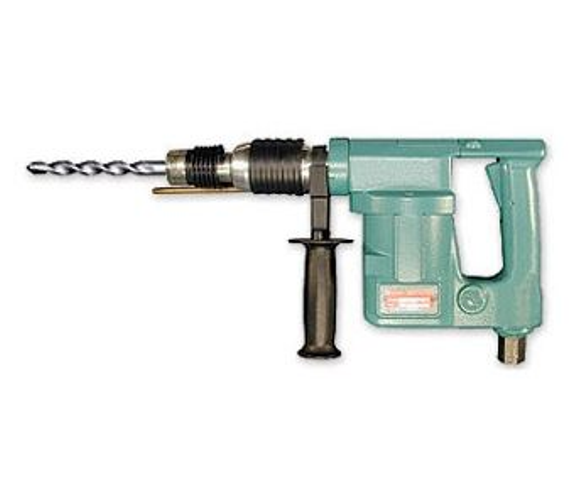
Rotary hammers are meant for high impact at a high speed. These types of hammer drills are most often used at construction sites as they are able to drill deep, precise holes. These are the most powerful of the three.
Selecting Your Hammer Drill
Now that we have covered the basis of what a hammer drill does and the different types available on the market, there are a number of factors to take into consideration before selecting one for home use. Here are a few:
Power Requirement
Knowing how much power your project requires can also help you decide between a corded and cordless hammer drill. Some projects require more power than others and knowing this can help you decide between a cordless and corded drill and if you need a heavy duty drill like a rotary or pneumatic hammer drill.
Speed Requirements
If you are more experienced with power tools then you can opt for a faster hammer drill, but if you are a beginner looking for a standard drill you might want to consider a drill with lower impact levels to avoid injury or other accidents of the same nature.
Versatility
Many hammer drills also have the option to operate as a normal rotating drill. This is great for home projects and ultimately saves space in your toolbox. These drills are usually not as high in impact so consider if you want a versatile hammer drill or a focused high impact drill for your projects.
Conclusion
Taking on home projects can be intimidating without the right tools and background knowledge. A hammer drill is a great tool for starters and there are many different options to choose from. A hammer drill is a great investment that will guarantee years of use, for different purposes around the house. With the information above you are now one step closer to mastering your tool box and home project needs.
